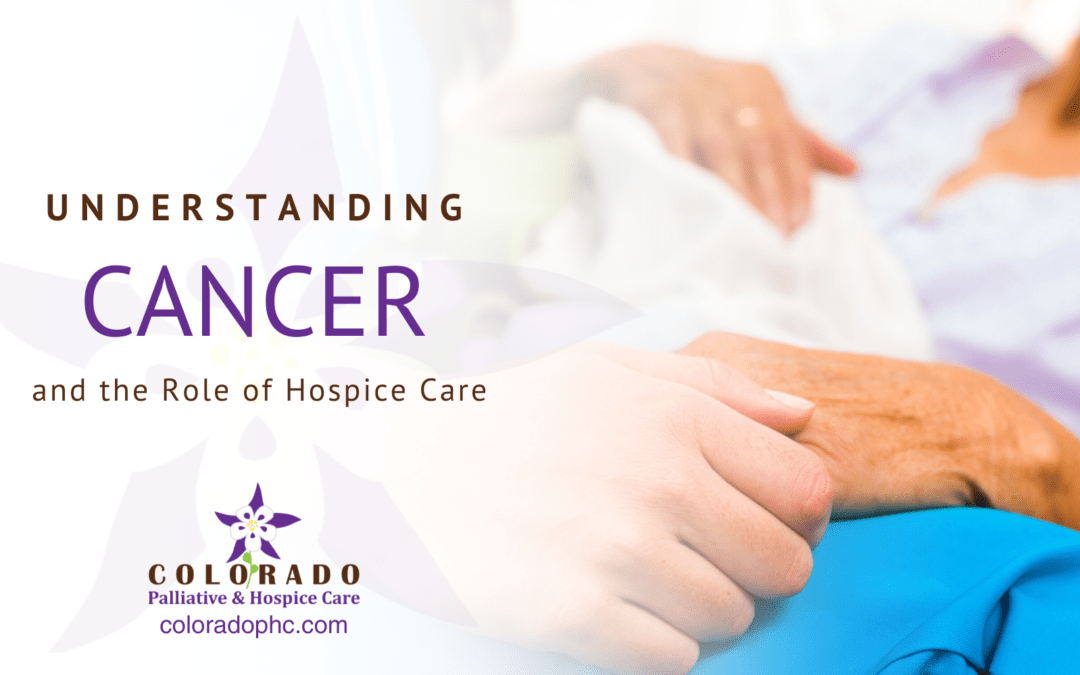Cancer is a leading cause of death worldwide, accounting for nearly 10 million deaths in 2020. To understand cancer better, it is important to know why certain cancers are more prevalent, recognize the causes and symptoms, and learn preventative tips to reduce the risk of developing cancer. In the unfortunate event that cancer is advanced or terminal, hospice care can provide essential support and comfort.
Types of Cancer
Cancer can occur in various parts of the body and is categorized into different types. Each type has unique characteristics, treatment approaches, and prognosis. The prevalence of different types of cancer varies, with some being more commonly diagnosed than others. Breast cancer is the most prevalent cancer globally among women, while prostate cancer is the most common cancer in men. The reasons for the prevalence of certain cancers can be attributed to factors such as genetic predisposition, lifestyle choices, exposure to carcinogens, and environmental factors.
The most common cancers in 2020 were:
- Breast (2.26 million cases)
- Lung (2.21 million cases)
- Colon and Rectum (1.93 million cases)
- Prostate (1.41 million cases)
- Skin (non-melanoma) (1.20 million cases)
- Stomach (1.09 million cases)
The most common causes of cancer death in 2020 were:
- Lung (1.80 million deaths)
- Colon and rectum (916 000 deaths)
- Liver (830 000 deaths)
- Stomach (769 000 deaths)
- Breast (685 000 deaths)
Causes of Cancer
Cancer is a complex disease with various causes. It is primarily caused by changes, known as mutations, in the DNA within cells. These mutations can occur due to several factors, including:
- Genetic Factors: Some individuals may inherit specific genetic mutations that increase their risk of developing certain types of cancer.
- Environmental Factors: Exposure to certain substances in the environment can increase the risk of developing cancer. These include tobacco smoke, asbestos, certain chemicals, and pollution.
- Lifestyle Factors: Certain lifestyle choices can contribute to the development of cancer. These include smoking, excessive alcohol consumption, poor diet, lack of physical activity, and excessive exposure to the sun’s ultraviolet (UV) rays134.
- Infections: Infections caused by certain viruses and bacteria also increase cancer risk. Examples include human papillomavirus (HPV), hepatitis B and C viruses, and Helicobacter pylori bacterium13.
- Hormonal Factors: Hormonal imbalances, such as those seen in hormone replacement therapy and prolonged use of certain oral contraceptives, may increase the risk of hormone-related cancers12.
It’s important to note that not all cancers have known or specific causes, and individual cases can vary. It’s always advisable to consult with a healthcare professional for personalized information and guidance regarding specific cancers.
Symptoms and Early Detection
Cancer presents with a range of symptoms that can vary depending on the type and stage of the disease. Common symptoms include persistent fatigue, unexplained weight loss, pain, changes in the skin, difficulty swallowing, and abnormal bleeding. Early detection plays a crucial role in improving treatment outcomes, so it is important to be mindful of changes in your body and seek medical attention if any concerning symptoms arise.
Preventative Tips
While not all cancers can be prevented, there are steps we can take to reduce the risk of developing cancer. Here are some preventative tips:
- Maintain a healthy lifestyle: Engage in regular physical activity, maintain a healthy weight, and eat a balanced diet rich in fruits, vegetables, and whole grains.
- Avoid tobacco and limit alcohol consumption: Tobacco use is a leading cause of many cancers, including lung, mouth, and throat cancer. Similarly, excessive alcohol consumption increases the risk of various types of cancer.
- Protect yourself from the sun: Practice sun safety by applying sunscreen, seeking shade, and wearing protective clothing to reduce the risk of skin cancer.
- Get vaccinated: Certain infections, such as human papillomavirus (HPV) and hepatitis B, can increase the risk of developing certain types of cancer. Vaccinations can help prevent these infections and reduce the associated cancer risk.
How Hospice Care Can Help
In cases where cancer is advanced, terminal, or the focus has shifted to end-of-life comfort, hospice care becomes vital. Hospice care provides support, pain management, emotional assistance, and holistic care for individuals and their families during the final stages of cancer. The compassionate team of healthcare professionals in hospice care aims to enhance the quality of life, offering physical, emotional, and spiritual support to ensure a dignified and comfortable transition.
Hospice care provides vital support for terminally ill individuals, ensuring comfort and dignity during this challenging time. Together, through education, prevention, and the compassionate care of hospice services, we can continue to fight against cancer and support those affected by it. Contact us for more information on how hospice care can help.

